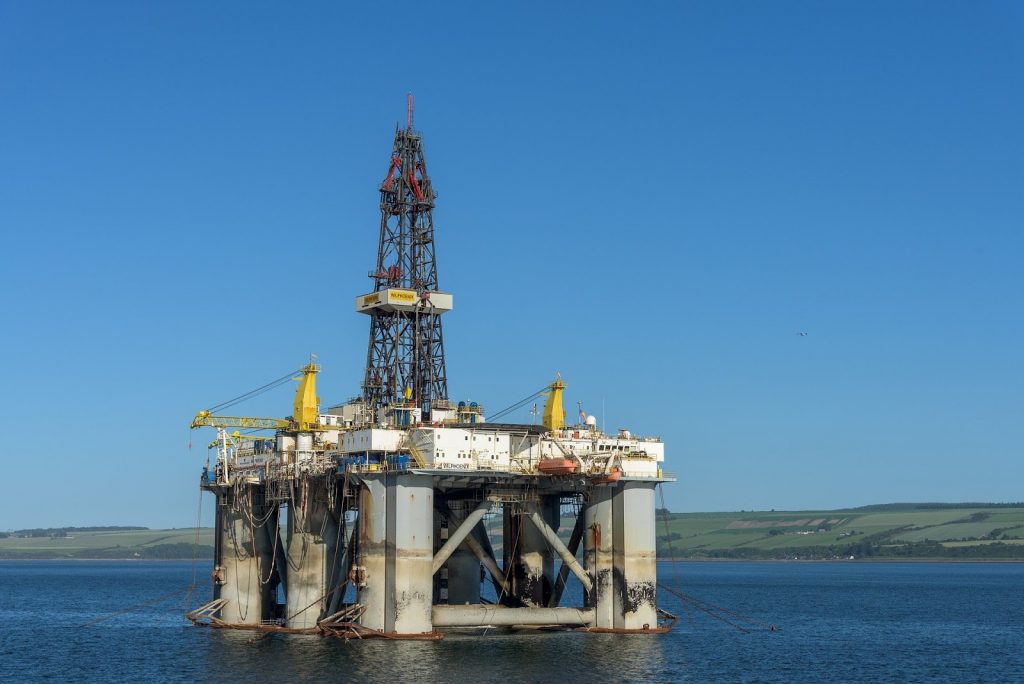
Founded in 1908, BP Plc (British Petroleum) is one of the largest oil and gas companies in the UK and the second-largest in Europe. Formerly known as the British oil company, it is now known as BP plc, the world’s largest energy company with a market capitalization of more than $1.5 trillion.
BP P.L.C. employs 67,600 people and has $1.5 trillion in sales and a market capitalization of more than $2.1 trillion. Worldwide, BP employs 83,900 people, has a proven track record of pumping 4.7 billion barrels of oil and gas, pumps more oil than any other oil company in the world, and owns and operates convenience stores and filling stations.
It is the largest producer of crude oil, natural gas, and petroleum products in Europe, including the UK, the US, Canada, Australia, New Zealand, and South Africa, as well as the second-largest oil producer in Asia.
BP, its subsidiaries, and affiliates continue to operate a wide range of business activities, from oil and gas production to refining, distribution, and distribution.
BP plans to divest several assets to increase investment in renewable energy. Key benefits of the purchase profile include gaining detailed information about the company and its activities to identify potential customers and suppliers. BP Plc’s main competitors include ExxonMobil Corp., Chevron Corp., and Petroleo Brasileiro SA. BP’s new chief executive, Bob Dudley, has announced plans to invest $1.5 billion in renewable energy, and BP plans to sell several assets to boost investment in renewable energy. This will allow investors and researchers to understand the business strategy, financial position and potential for future growth in the energy sector.
BP shares are traded as BP American Depositary Shares (ADSs) and the price is expressed in US dollars. The stock is listed on the NYSE under the name and ticker symbol “BP” and has a market capitalization of $1.5 billion. It is incredibly difficult to evaluate this value, so you need to look at these metrics in terms of the company’s current financial situation and future growth prospects.
It is not currently known whether investors are holding shorts or not, but there are currently around 1.5 million shares in BP PLC. This is a short divided by the number of shares traded daily, or about 1,500,000 shares.
This would not directly change BP PLC’s short-selling position, but rather the company’s share price as a whole or the number of shares it owns.
By 1977 BP had begun pumping oil through a 1,200-mile pipeline that led to refineries in the state’s south, but needed another outlet for oil. For BP, it was a significant step: not only did it contribute significantly to the company’s oil business, but, more importantly, it gave it a leading position in the natural gas sector.
The acquisition of Britoil almost doubled BP’s exploration area in the North Sea and gave it its largest stake in Prudhoe Bay. Brit Oil and became the world’s largest producer and exporter of crude oil, as well as a major producer of gas and petroleum products.
It was renamed in 1935 and in 1954 renamed the Atlantic Richfield Company, known in the western United States as ARCO brand gasoline. In 1954 the name was changed to British Petroleum Company Limited and after the merger of the two major subsidiaries BP UK Ltd. and BP L.L.C. the name was changed again to BP PLC. (the “Atlantic Richfields Company,” known in the western US as the gasoline brand “ARCO”), which led to BP’s takeover in 1976. BP also acquired BP Oil and Gas Limited’s oil and gas assets in 1997. Approval to acquire the independent oil company Britoil, which produced oil from North Sea fields, which was released in 2002 after a two-year battle with BP.
Later in 1987, BP would take over SOHIO in full and merge it with its other holdings in the United States to form a new company, BP America. After the merger with Amoco in 1998, the company took the name BP – amoco before taking the name BP PLC in 2000. After the two-year merger, the company became known as BP L.L.C. (Atlantic Richfield Company), lost its name “Amoco” and simply became BP p.l.c.
In order to sell its own shares in the company, BP began to acquire a significant presence in the American markets in the 1980s and 1990s, buying up companies such as ExxonMobil, Chevron, and other oil and gas companies. One particularly successful acquisition was BP Exploration & Production, a company the British government formed in 1983 to take a stake in North Sea oil production.


